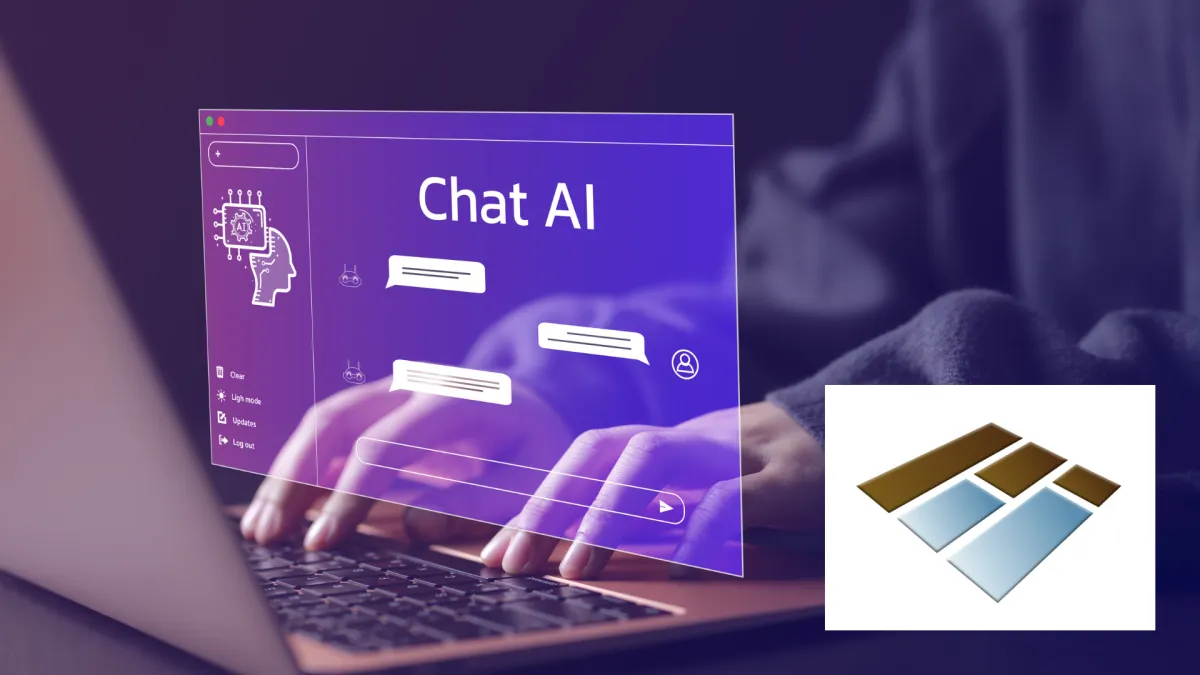
Artificial Intelligence in Addiction Treatment: Opportunities and Risks
Artificial Intelligence in Addiction Treatment: Opportunities and Risks
Artificial Intelligence (AI) is no longer a futuristic concept — it’s here, and it’s changing healthcare in ways we couldn’t have imagined a decade ago. From chatbots that provide 24/7 support to advanced algorithms that predict relapse patterns, AI is reshaping how addiction treatment is delivered, accessed, and monitored.
But like any powerful tool, AI comes with both opportunities and risks. For addiction professionals, understanding this balance is critical. Used responsibly, AI can complement counselling and improve outcomes. Used poorly, it can create ethical pitfalls, privacy concerns, and even harm the therapeutic alliance.
Let’s explore how AI is being used in addiction treatment, where it’s making an impact, and what professionals need to consider before integrating it into their practice.
How AI Is Changing Addiction Treatment
AI technologies are increasingly being integrated into treatment models, providing new ways to engage clients, improve decision-making, and deliver care. Here are some of the key applications:
1. AI-Powered Screening and Assessment
AI algorithms are now being used to screen for substance use risk factors, assess mental health symptoms, and identify co-occurring disorders faster and more accurately. For example, machine learning models can analyse patient histories, questionnaires, and even speech patterns to flag potential issues early — allowing professionals to intervene sooner.
2. Personalised Treatment Planning
No two clients are alike, and AI can help tailor treatment plans by analysing large sets of clinical data. By drawing on research, patient profiles, and real-time feedback, AI systems can recommend evidence-based interventions matched to a client’s unique needs and risk factors.
3. Virtual Counselling and Chatbots
AI-driven chatbots are increasingly being used to provide after-hours support, answer basic questions, and guide clients toward resources when a human counsellor isn’t available. While these tools don’t replace professional counselling, they can offer immediate assistance and bridge gaps in care — particularly for clients in rural or underserved areas.
4. Predicting Relapse and Supporting Recovery
One of the most promising uses of AI in addiction treatment is relapse prediction. By analysing behavioural data — such as sleep patterns, activity levels, or self-reported mood — AI can detect early warning signs of potential relapse and alert counsellors or clients before a crisis occurs.
5. Improving Access to Treatment
AI can reduce barriers to treatment by enabling online assessments, virtual therapy platforms, and multilingual tools that make services more inclusive. For global audiences, this could transform how quickly people can get help.
Opportunities for Addiction Professionals
For counsellors, treatment facilities, and students, AI presents several significant benefits:
Enhanced decision-making: AI provides data-driven insights that can complement clinical judgement and support evidence-based practice.
Better client engagement: Mobile apps and interactive tools keep clients connected to their recovery plans between sessions.
Early intervention: By identifying patterns and risks earlier, professionals can respond proactively instead of reactively.
Scalable support: Chatbots and virtual assistants can handle routine queries, freeing counsellors to focus on complex clinical work.
Expanding reach: Telehealth combined with AI-driven tools means professionals can serve clients beyond geographical limitations.
When used well, AI doesn’t replace counsellors — it empowers them to deliver more personalised, efficient, and accessible care.
Risks and Ethical Challenges
While AI offers enormous potential, it also introduces serious ethical and practical considerations. Addiction counselling, by nature, relies heavily on trust, empathy, and human connection — areas where AI cannot replicate the role of a trained professional.
Here are some key risks to be aware of:
1. Data Privacy and Confidentiality
AI systems often rely on sensitive client information, which raises concerns about data storage, security, and breaches. For professionals, ensuring compliance with POPIA in South Africa and HIPAA internationally is non-negotiable.
2. Bias in Algorithms
AI systems are only as unbiased as the data they’re trained on. If datasets lack diversity, there’s a risk of inaccurate assessments and treatment recommendations — particularly across different cultures, demographics, and socioeconomic groups.
3. Over-Reliance on Technology
AI should complement, not replace, human judgement. Relying too heavily on predictive analytics or automated tools can lead to overlooking nuances that only a trained counsellor can identify.
4. Impact on the Therapeutic Alliance
Addiction counselling depends on empathy, trust, and rapport — qualities AI cannot replicate. Overusing automated tools in client interactions can unintentionally damage the relationship between counsellor and client.
5. Regulatory Gaps
AI in healthcare is evolving faster than the ethical and legal frameworks that govern it. Counsellors and treatment facilities must stay informed about emerging policies and professional guidelines to ensure responsible use.
Best Practices for Using AI Responsibly in Addiction Treatment
If you’re considering integrating AI-powered tools into your practice or facility, here are some practical tips to ensure they’re used safely and effectively:
Vet your tools carefully: Use AI platforms from reputable providers that prioritise data security and ethical design.
Stay evidence-based: Ensure any AI-driven recommendations align with recognised clinical guidelines and treatment models.
Combine AI insights with clinical judgement: AI can inform your approach but shouldn’t dictate it.
Be transparent with clients: Explain how AI tools are being used, what data is collected, and how it’s protected.
Seek training and supervision: As AI becomes more integrated into healthcare, professionals will need ongoing education to use it effectively and ethically.
The Future of AI in Addiction Counselling
AI is already transforming healthcare, and addiction treatment is no exception. Over the next few years, we’re likely to see:
Greater integration of wearable devices to monitor recovery metrics in real time.
AI-powered predictive analytics helping counsellors manage caseloads more effectively.
Expansion of hybrid care models, blending human counselling with AI-driven support tools.
More accessible multilingual platforms that reduce barriers for underserved populations.
But no matter how sophisticated technology becomes, one thing will remain constant: the irreplaceable value of human connection in recovery. AI may enhance how we work, but it cannot replicate the empathy, understanding, and trust that define effective counselling.
Final Thoughts
Artificial Intelligence has the potential to revolutionise addiction treatment, making services more accessible, personalised, and efficient. But with these opportunities come new responsibilities. For counsellors, educators, and treatment providers, the key lies in balancing innovation with ethics — using AI to enhance, not replace, the human-centred approach that recovery depends on.
As the field evolves, staying informed will be critical. Understanding AI’s capabilities and limitations ensures you can leverage its benefits while protecting your clients, your practice, and the integrity of the profession.
